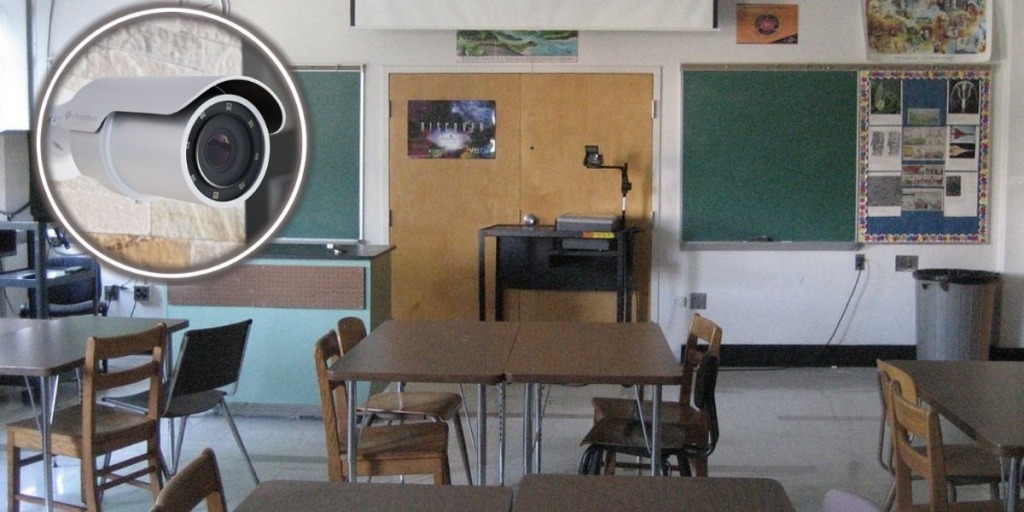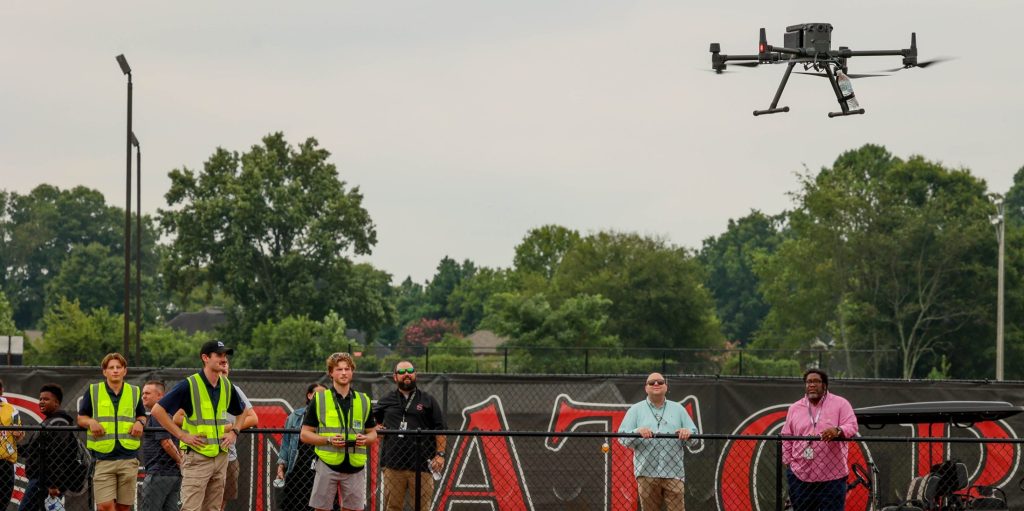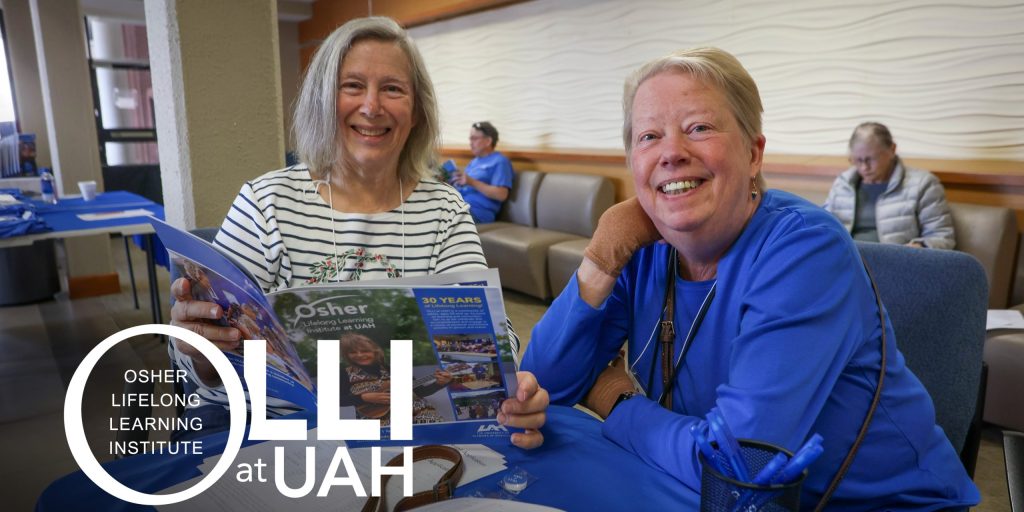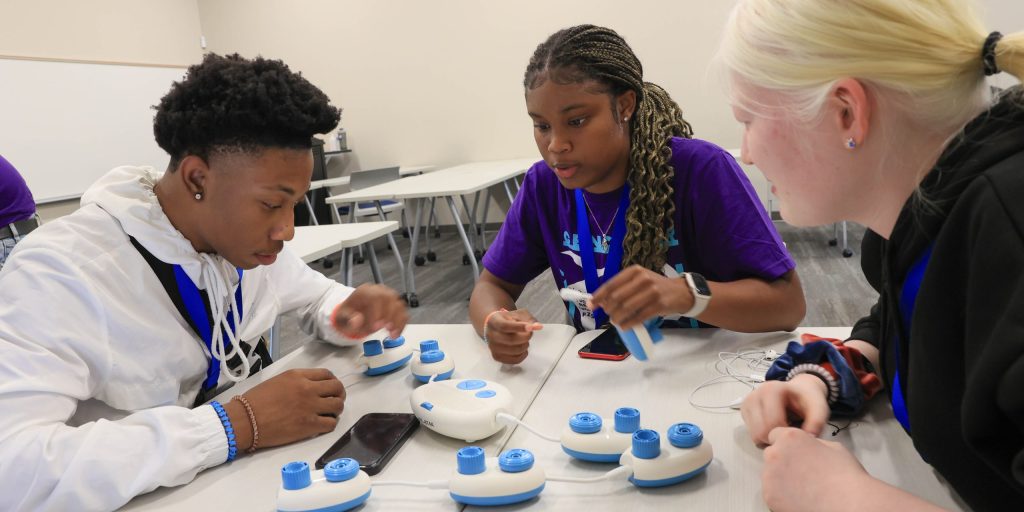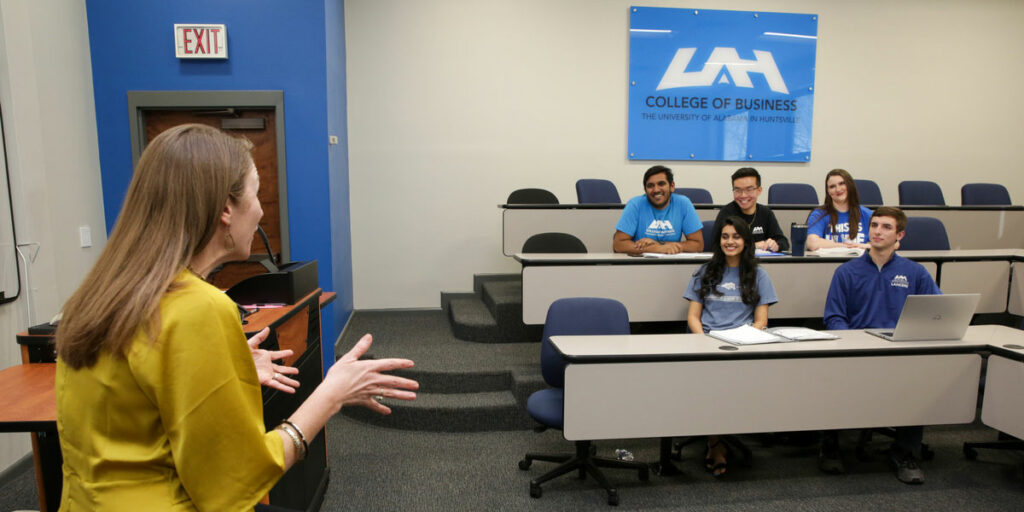New research to make future computer solid state drives (SSDs) more resilient, durable and energy-efficient has attracted a five-year, $650,000 National Science Foundation Faculty Early Career Development Program (CAREER) award for Dr. Biswajit Ray of the University of Alabama in Huntsville (UAH), as well as the interest of two manufacturers.
Dr. Ray, an assistant professor in the Department of Electrical and Computer Engineering, is the director of the Hardware Reliability and Security Laboratory at UAH, a part of the University of Alabama System. Three doctoral students – Matchima Buddhanoy, Md Raquibuzzaman and Umeshwarnath Surendranathan – are working on related topics in the lab and the award provides support for two graduate research assistants.
“My work will allow system designers to create new memory management functions that go beyond the algorithmic techniques and assess the memory health in real-time to optimize its reliability and performance,” says Dr. Ray.
“I have a partnership with Western Digital and Infineon Technologies,” he says. “They are very much excited on the outcome of the project. They will provide technical mentorship and related resources for the success of the project.”
The research aims to develop new software-based storage management techniques that can double the lifetime of SSDs. Currently, system designers rely largely on algorithmic functions to manage the data integrity and reliability of storage media.
“It is quite challenging to measure physical properties of memory bits using digital-only interfaces of commercial-off-the-shelf memory chips, but we will develop novel testing methods to probe the physical properties of memory bits using standard user mode commands,” Dr. Ray says.
“We will also formulate new system functions for system integrators to more efficiently utilize the physical properties of memory bits and create new functions for enhancing the security and reliability of future storage solutions,” he says.
The project is expected to enable near-term disruptive data-intensive applications for artificial intelligence and enable predictive analytics using low-end computing platforms operating in extreme environments, such as nuclear environments and space, where flash drives are attractive due to their light weight, high density and small size.
“One of the challenges with space and the nuclear environment is the radiation effects that corrupt stored information,” Dr. Ray says. “The project will enhance the radiation tolerance of the flash base storage solution through intelligent error management techniques that can be implemented through a firmware solution.”
Flash memories as the main building blocks of SSDs are rapidly evolving, Dr. Ray says.
“I find recent technological developments very exciting,” he says. “Manufacturers are releasing chips that can hold over 1.33 terrabits of information, and these chips are three-dimensional structures with storage cells placed in multiple layers.”
The quest for larger capacity and faster non-volatile memories needs to include research about energy-efficiency, security and the privacy of the information stored, Dr. Ray says.
“The project addresses these issues through intelligent memory management techniques which can be implemented through software-based solutions in the storage firmware,” he says. “We will evaluate these techniques on state-of-the-art-flash memory chips.”
(Courtesy of UAH)




